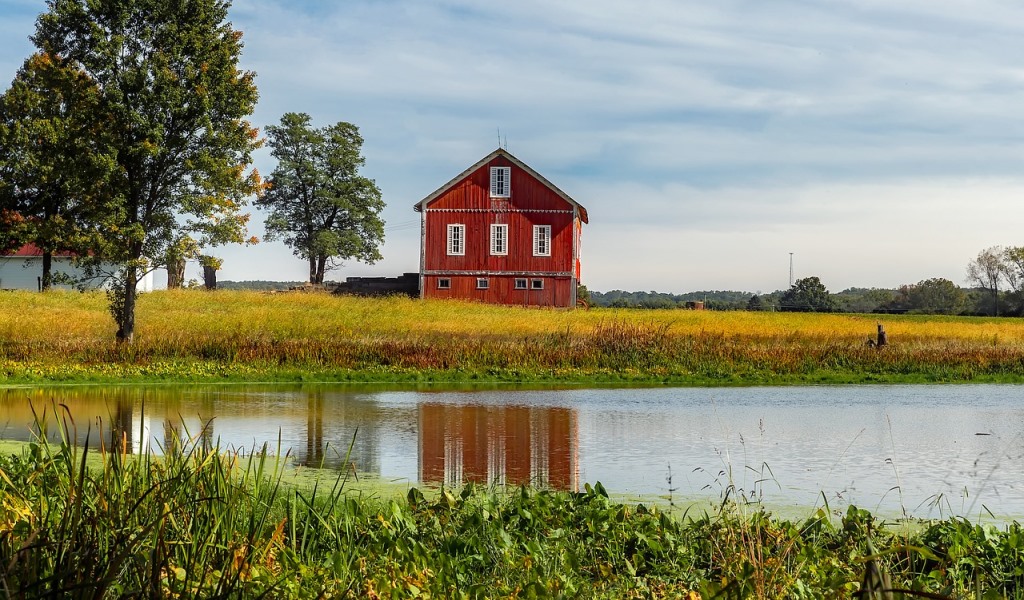Regenerative agriculture means farming in way that rebuilds the quantity and quality of depleted topsoil, restoring biodiversity (especially native pollinators), improving water quality and both boosting climate resilience and restoring the climate by capturing carbon and regenerating the landscape.
Moving beyond sustainability to regeneration, Unilever food brand Knorr‘s 50 regenerative agriculture projects build on more than 10 years of sustainable agriculture collaborations with farmers and suppliers which has resulted in 95% of Knorr’s vegetables and herbs being sustainably sourced, globally, and 99% in the UK.
With food contributing to more than one third of greenhouse gas emissions and being a leading cause of soil and species loss, sourcing and growing in a way that minimizes impact is not enough.
“We need to work with nature and ecosystems – not against. Earlier this year we launched Unilever’s Regenerative Agriculture Principles to support the growing of food with a positive impact on nature. Now Knorr is putting the principles into practice – and sharing learnings along the way so that others can do the same,” said Hanneke Faber, Global President of Foods and Refreshment at Unilever.
These regenerative agriculture projects will be phased over the next five years, to be scaled to 50 projects with partners by 2026, globally.
The three projects started this year are showing promising results:
- Soil health: In Western Spain, in partnership with Knorr’s supplier Agraz (Conesa Group), tomato farmers have implemented practices to improve soil health with the first harvest showing increased yield;
- Climate resilience: In Pas de Calais (Northern France), in partnership with PURProject and Green Sol, vegetable supplier Ardo has implemented practices to improve soil health and climate resiliency in response to decreased yields due to changes in weather conditions; and
- Water preservation and reduced emissions: In Arkansas, US, in partnership with Knorr’s biggest rice supplier, Riviana, a suite of farming practices that preserve water and decrease greenhouse gas emissions are being implemented. Together with the University of Arkansas, cutting edge ways to measure reductions in greenhouse gas emissions and water captured have been created and tracked.
Knorr’s regenerative agriculture roadmap is part of the Unilever Climate & Nature Fund, a €1 billion fund that will accelerate the organization’s work on nature and climate projects. Knorr’s plan will contribute to Unilever’s commitment to help protect and regenerate 1.5 million hectares of land, forests, and oceans by 2030.
As the largest food brand within Unilever, Knorr is suited to use its position in the supply chain and in the market to test and learn and scale implementation, all while sharing learnings and knowledge with a coalition of partners and academics to transform the way food is grown– for good.
The key ingredients (vegetables, herbs, spices, grains) grown using regenerative agriculture principles will be in Knorr’s products which are sol 3.1 billion times a year across more than 90 countries.
This project plan is crucial to Knorr’s purpose to reinvent food for humanity with the ambition to get food that is good for people and the planet on seven billion plates by 2025.
Photo of farm in Ohio by David Mark from Pixabay.

